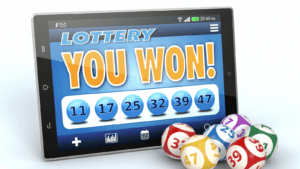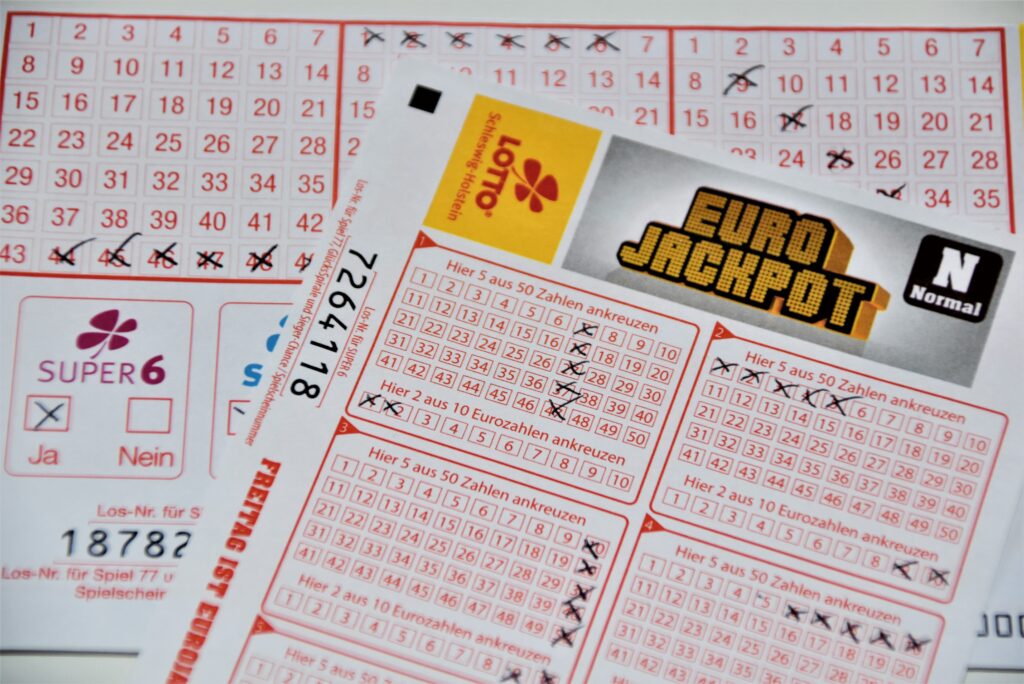All you need to know
Learn about the laws around licensing of lotteries and a small society lottery
All types of lottery are regulated under the Gambling Act 2005, whether tickets are sold in person or online. Lotteries are primarily the preserve of good causes and come in all shapes and sizes:
- One off events, such as a tombola, raffle or balloon race at a summer event/party or a workplace or customer sweepstake for the Grand National or World Cup.
- Regular lottery draws provided by:
- Members’ clubs, workplaces, pubs;
- Local and regional charitable organisations, or
- National charities
Lottery licensing can be complex and we advise all operators ensure that lottery structures are appropriately managed.
Our specialist gambling solicitors are available to answer any of your questions.

Important: Exempt lotteries
All lotteries are regulated, but certain types are exempt from complex licensing requirements whilst remaining subject to strict operational criteria. Exempt lotteries are considered to be subject to a lighter touch approach to regulation and may not require specific registration or a seperate licence.
A person commits an offence if he uses or permits to be used any part of the profits of a lottery for purpose other than one for which the lottery is permitted to be promoted, see details below.
Lottery licensing
Incidental Lottery – used for charitable fundraising
These types of lotteries/raffles can only be used to raise funds for charity. You will have seen these at events such as summer garden parties and fetes.
This type of lottery can be held at any type of event, whether commercial or not. However, the lottery/raffle must be incidental to the main event, and all the proceeds must be used for charitable purposes.
- Promoters cannot deduct more than £500 from proceeds in respect of the costs of prizes, but additional prizes may be donated;
- A maximum of £100 may be deducted from the proceeds of the lottery to cover reasonable expenses, such as the price of lottery tickets or any equipment;
- There cannot be any rollover of the prizes to a draw at a later date;
- Tickets must be sold at the location of the event and only during the event itself;
- The results can be announced during or after an event, enabling other promotions that are also classed as lotteries, such as charity balloon races.
- There are no specific requirements for the details of the ticket
Private lotteries including ‘private society’, ‘workplace’ and ‘residents’ lotteries
Private society lottery
A society can be any group or society established for any purpose not connected with gambling, such as a sports club.
Any profit raised (to be clear, profit means tickets sales less the cost of the of the prizes) must be used for non-commercial purposes for which the society is conducted (for example the provision of a sports kit or other equipment for the benefit of members) or donated to any charitable cause.
- Tickets must only be sold to either members of the club/society or be guests on premises wholly or mainly used for the conduct of the club/society’s affairs;
- The lottery must only be promoted/arranged by members of the club/society who have written authorisation of the society or it’s governing body;
- The lottery may be promoted for any of the purposes for which the club/society is conducted or for other charitable purposes;
- The lottery must only be advertised on the society’s premises;
- Each ticket must be sold by or on behalf of the promoters and the price must be paid to the promoters before a ticket is issued;
- Price of tickets must be the same
- Tickets are non-transferable;
- There cannot be any rollover of the prizes to a draw at a later date;


Workplace lottery
- The lottery must only be promoted by those working on a single set of premises
- All players must also work on the premises
- Proceeds can be used for charitable purposes, otherwise all proceeds must be returned as prizes
- The promotion/customer lottery must only be advertised on or at the work premises;
- There must be a winner, as monies cannot be rolled over to another game.
- Organisers can deduct reasonable expenses from the proceeds to cover cost of prizes and tickets

Residents’ lottery
Everyone taking part must live in the same residential location such as a house, apartment block, residential care home or halls of residence.
Tickets can only be sold to players in the residential location
A residents’ lottery must be organised in such a way as to ensure that no profits are made or be used to raise funds for charitable causes.
Customer Lottery
Customer lotteries can be promoted by occupiers of business premises and sold to customers.
- Not suitable for fundraising as no profit can be made, whether charitable or not
- All the proceeds from ticket sales must be spent on the prizes, less deductions for reasonable expenses i.e. to cover the costs of the tickets.
- Tickets must only be sold to customers whilst they are on the premises;
- The raffle/customer lottery must only be advertised on the premises and promotional material must not be circulated outside the premises;
- Each ticket must be sold by or on behalf of the management and not by an external promoter;
- Each ticket must state the name and address of the promotor/premises, the price of the ticket, confirm that the tickets are only available to customers of the premises and state that the tickets are non- transferable;
- The maximum value per ‘prize’ must not exceed £50 and can include cash, goods, or services;
- There cannot be any rollover of the prizes to a draw at a later date;
- There can only be one draw per week.

Lottery licensing
Small lottery society
Non-commercial societies can operate a small society lottery if the society is established and conducted either for charitable purposes, any other non-commercial purpose (not for private gain) or for the purpose of enabling participation in, or of supporting, sport, athletics or a cultural activity.
- A lottery must be promoted wholly on behalf of a non-commercial society and the lottery may only be promoted for the purposes for which the promoting society is conducted.
- At least 20% of any proceeds of the lottery must be applied to the purpose for which the society is conducted (good cause).
- The proceeds (ticket sales) from any individual draw may not exceed £20,000.
- A small society’s annual proceeds from all of lottery draws may not exceed £250,000.
- The maximum prize available for the purchase of a ticket in the small society lottery may not exceed £25,000.
The promoting society must be registered with a Local Council Licensing Authority and consider the detailed reporting requirements for each lottery draw.
Non-commercial societies commit an offence if it fails to supply details of each lottery draw to the Licensing Authority at the required time or of if any of the details provided contain false or misleading information.
Lottery licensing
Large lottery society
An Operating licence must be obtained from the Gambling Commission if a non-commercial society intends to raise over £20,000 in proceeds (ticket sales) from a single lottery draw and/or if it intends to raise £250,000 or more in lottery proceeds/tickets sales per year.
A Society Lottery Operating licences may only be issued to a non-commercial society or a local authority.
A non-commercial society is established and conducted:
- For charitable purposes (see charitable purposes defined by Charities Act 2011): or
- Purpose of enabling participation in or of supporting sports, athletics or a cultural activity: or
- any other non-commercial purpose other than private gain

External Lottery Managers (ELM)
An ELM can be appointed to run all or part of a lottery on behalf of a charitable organization/non-commercial society. An ELM must be a separate entity from the charitable organisation and it must also have its own Operating Licence issued by the Gambling Commission.
If an ELM is to be appointed, although this ensures that any lottery promotion is effectively managed and compliant with the licensing regime, non-commercial societies must also ensure they hold the relevant permission, whether that be a small society lottery registration or an Operating Licence. Ultimate responsibility for ensuring that the licensing objectives are upheld and all obligations are met rests with the non-commercial society itself.